Barefoot Wine, known for its affordability and quality, can last around 3-5 years if stored properly. While it’s best to consume within a couple of years for optimum taste, some varietals like chardonnay and pinot grigio have a shorter shelf life due to their delicate flavors. Once opened, the wine should be consumed within a few days as exposure to air can accelerate spoilage.
Key takeaways
- barefoot wine is made for short to medium storage. Therefore you should consume it within a year or two after purchase
- once your wine is opened you can store it for a day or two in a cool and dark place.
- the wine needs to be recorked or evacuated with a vacuum pump to preserve it during this time
- you can easliy recognize if your wine has gone bad due to bad, dull smell, vinegary taste
- sparkling wine will be flat once it is gone bad
Factors Affecting The Lifespan Of Wine
Contrary to popular belief, Barefoot Wine can indeed go bad if not stored correctly. Factors such as temperature fluctuations, exposure to light and oxygen, and improper corking can all contribute to the deterioration of the wine’s flavor profile.
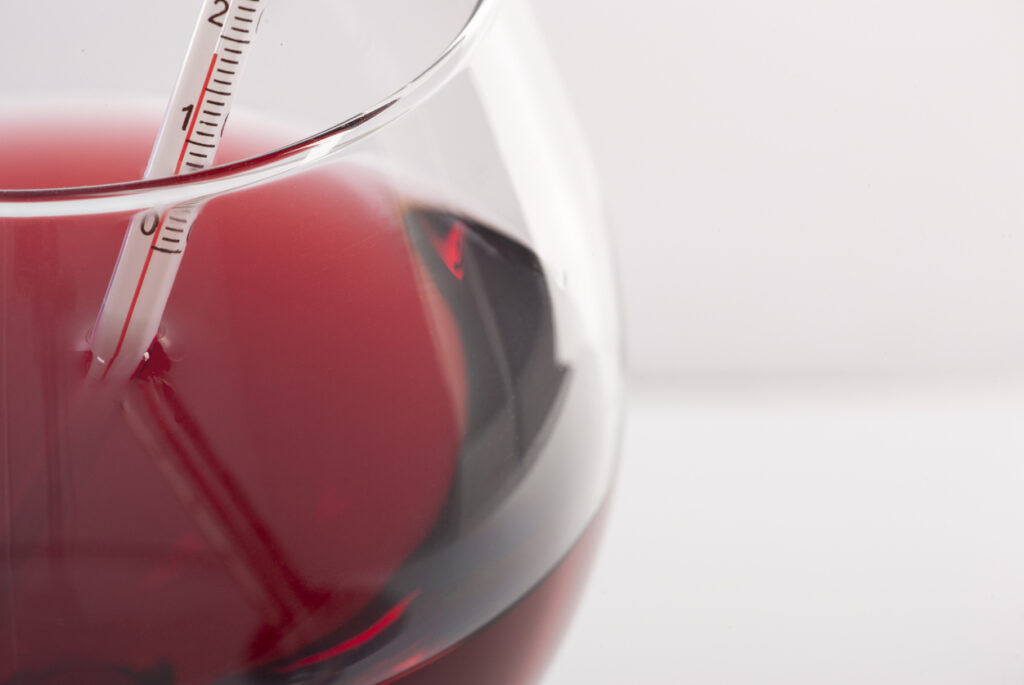
To ensure that your bottle of Barefoot Wine stays fresh for longer, store it in a cool dark place away from direct sunlight and fluctuations in temperature. And when you do open a bottle drinking wine, make sure to cork it tightly or use a wine preservation system to extend its lifespan.
Likewise, people ask, how long does barefoot wine last in the fridge?
When it comes to storing Barefoot wine in the fridge, you’ll want to ensure that you consume it within a reasonable time frame for the best experience. Generally, an open bottle of Barefoot wine can last in the fridge for about 3-5 days before its flavor profile starts to deteriorate. However, this can depend on various factors such as the type of Barefoot wine and how well it’s sealed.
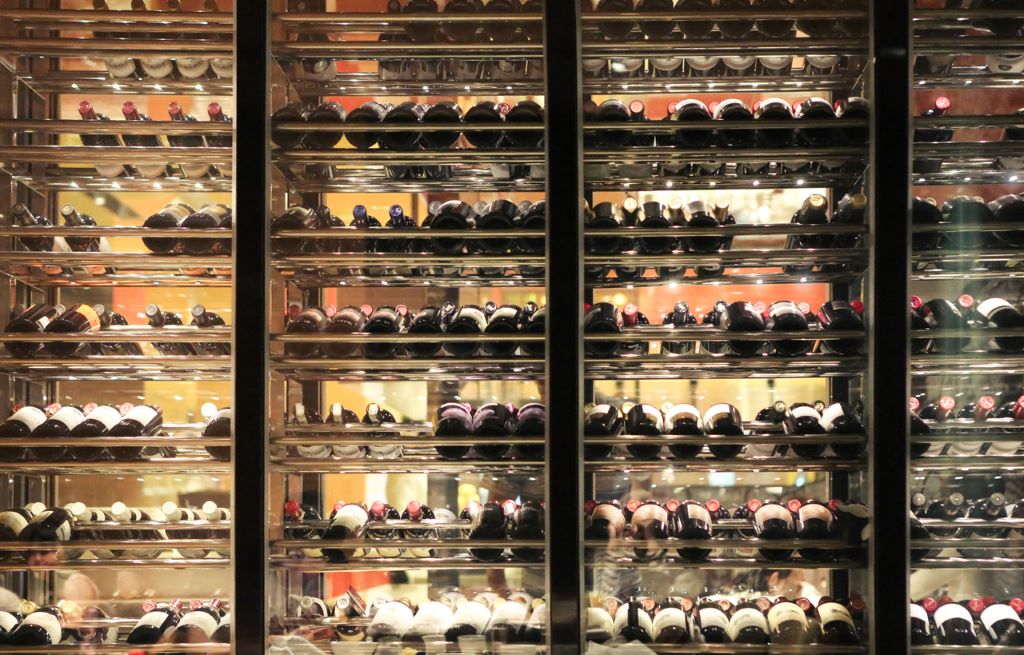
It’s essential to remember that while refrigeration can help prolong the shelf life of an opened bottle of wine, it won’t preserve it indefinitely. The delicate flavors and aromas of Barefoot wine may start to diminish over time even when stored in optimal conditions. To make the most of your Barefoot wine, consider using a vacuum pump or inert gas spray to remove excess air from the wine bottle, and slow down oxidation. This extra step can help extend the lifespan of your beloved beverage and allow you to savor its unique characteristics for a little longer.
Where Can You Find The Expiration Date On Wines?
The search for expiration dates on wine bottles can sometimes be a perplexing task. Unlike most perishable goods, wines do not come with a straightforward use by date stamped on the label. Instead, consumers are often left to navigate through an array of cryptic date codes and inscrutable markings in pursuit of the elusive expiration date. However, for those seeking this information, it’s important to recognize that wines don’t typically have a set expiration date like other consumables. They have a recommended drinking window based on their style and quality.
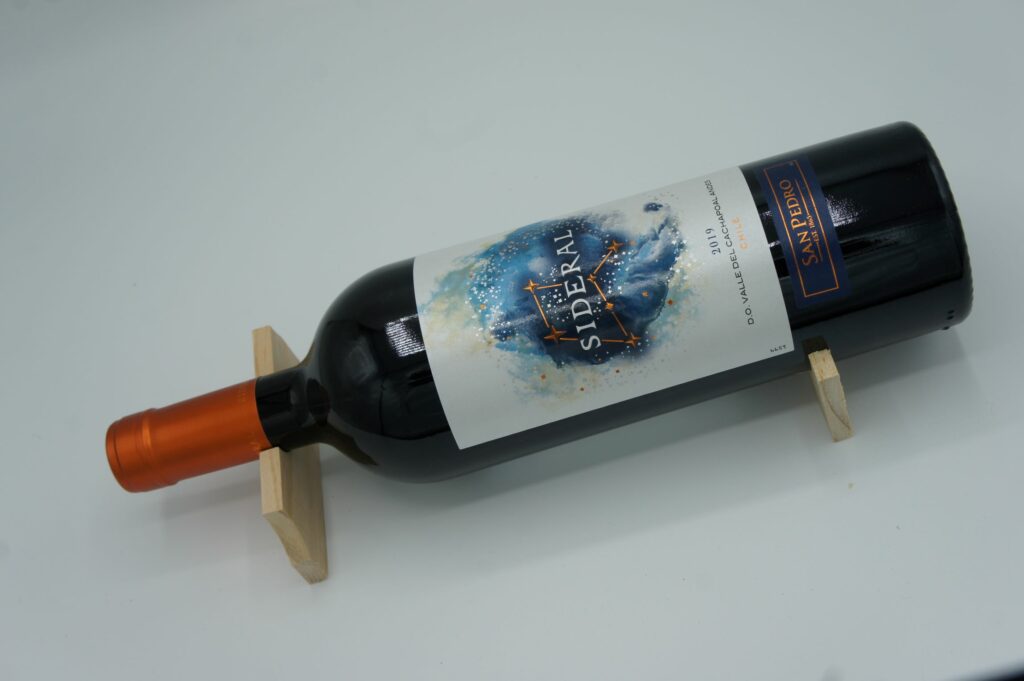
One key place to look for guidance on when a wine is intended to be consumed is the back label or capsule seal. Many winemakers provide helpful details such as aging recommendations and optimal drinking windows here. For those interested in understanding how long their wine will last, it’s worth delving into the specific variety or vintage in question—some are meant to be consumed immediately, while others benefit from years of careful aging. In addition to these indicators, enlisting the expertise of sommeliers or wine merchants can also offer invaluable insight into each individual bottle’s potential longevity and flavor profile evolution over time.
Can You Consume Wine After Expiration?
While the expiration date on a bottle of wine may make some consumers hesitant, it’s important to understand that most wines don’t actually expire in the traditional sense. The expiration date primarily refers to the period during which the wine is expected to be at its best quality. In reality, many wines can still be consumed and enjoyed well after their indicated expiration date. However, it’s essential to note that certain factors such as storage conditions, grape variety, and winemaking techniques can greatly affect a wine’s longevity.
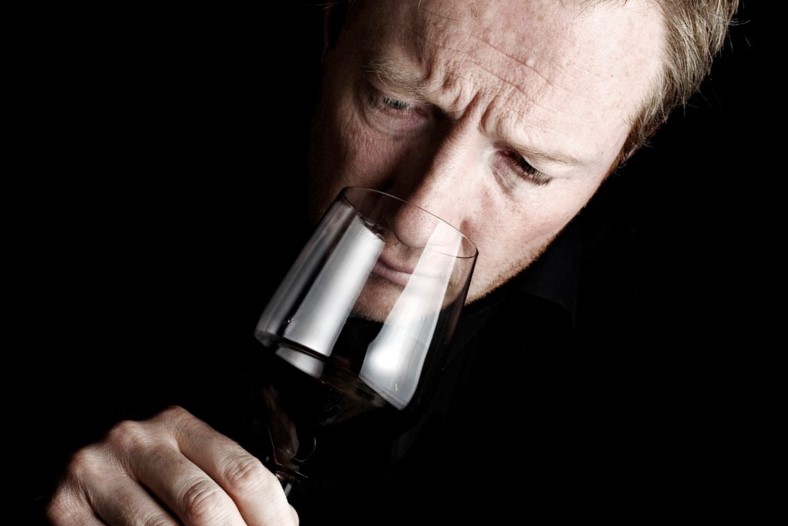
An aged red wine may still offer complexity and depth even past its expiration date. A light-bodied white or rosé might lose its freshness and vibrancy over time. Furthermore, it’s crucial for consumers to use sensory cues such as smell and taste before consuming any expired wine. Ultimately, while some wines may not live up to their initial potential after their expiration date, many others can surprise drinkers with new flavors and nuances.
Components Of Wine Labels
When perusing the shelves of your local wine store, it’s easy to get overwhelmed by the multitude of colorful and intricate labels adorning each bottle. However, these labels are not just for show. They play a crucial role in conveying important information about the wine inside.
One key component of wine labels is the appellation. It indicates where the grapes were grown and can give valuable insights into the flavor profile of the wine. Understanding this aspect can help consumers make informed decisions based on their personal preferences and desired taste experience.
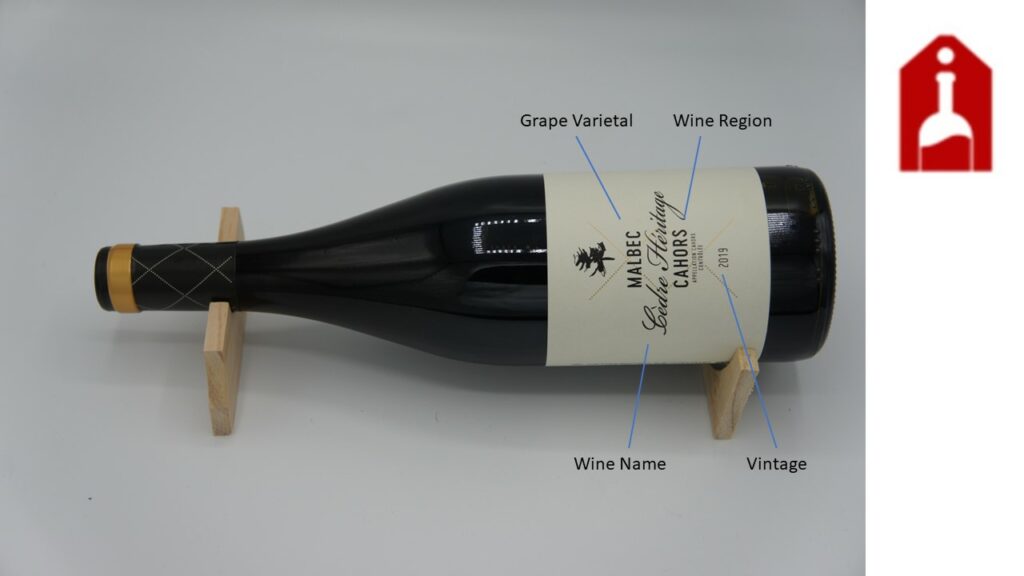
Additionally, many wine labels feature grape varietal information. They provide a glimpse into the type of grapes used to produce the wine. This can be particularly helpful for those seeking specific flavors or characteristics in their wines.
Moreover, some labels for fine wines may include details about vineyard practices or winemaking techniques. They shed light on factors that contribute to a wine’s quality and complexity. By examining these components on a label, enthusiasts can gain a deeper appreciation for the craftsmanship and artistry behind each bottle.
Does barefoot wine need to be refrigerated?
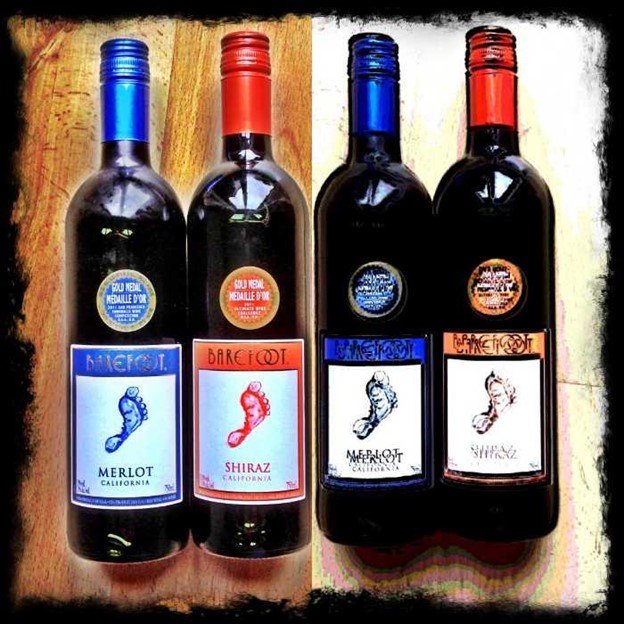
Does barefoot wine expire in the fridge?
We’ve all been there – you open the fridge, and there sits a half-empty bottle of wine that’s been chilling for who knows how long. The question inevitably arises: Does wine expire in the fridge? The short answer is yes, but it’s a bit more complicated than that.
Seal the Bottle Tightly
While wine doesn’t truly expire in the traditional sense, it can certainly degrade over time when stored improperly. In the case of refrigerated wine, even though it may stay drinkable for a few days after opening, its flavors and aromas will start to deteriorate. This is due to exposure to air and temperature fluctuations. Red wines can usually last longer than whites in the fridge due to their higher tannin content. Both will eventually lose their vibrancy if left uncorked for too long.
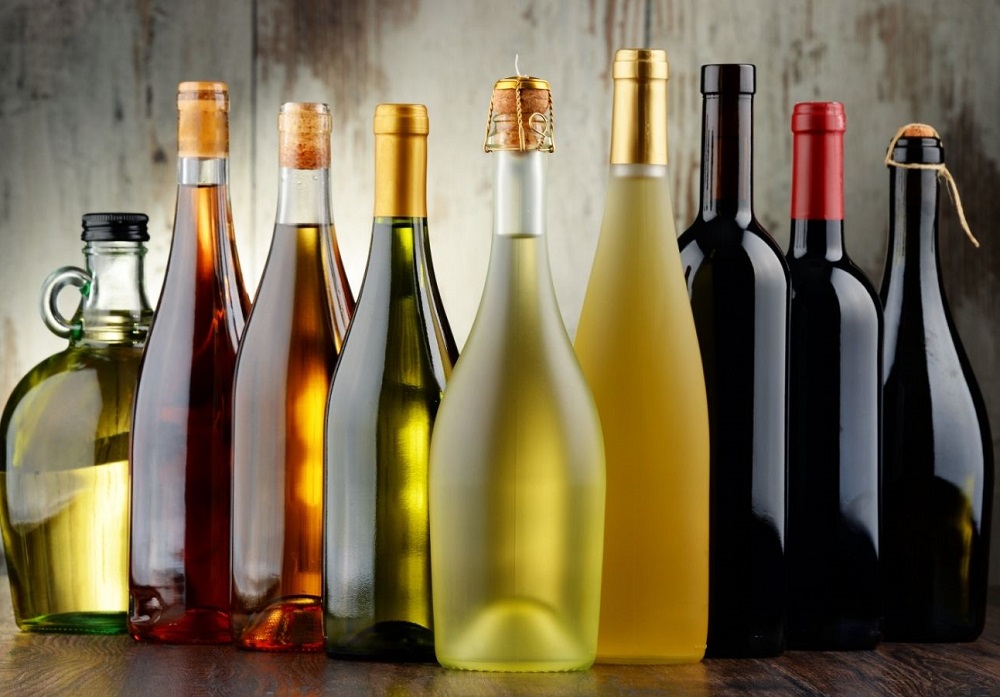
How to seal a bottle of wine
So what can you do to prolong the life of your leftover wine? Investing in a vacuum pump or inert gas spray can help slow down oxidation and store wine. This reserves those precious flavors for another day. Additionally, transferring any remaining wine into a smaller container to minimize air contact can also make a difference. However, in the end, remember that even with these methods, your refrigerated wine won’t last forever. So maybe it’s time to invite some friends over and finish that bottle tonight!
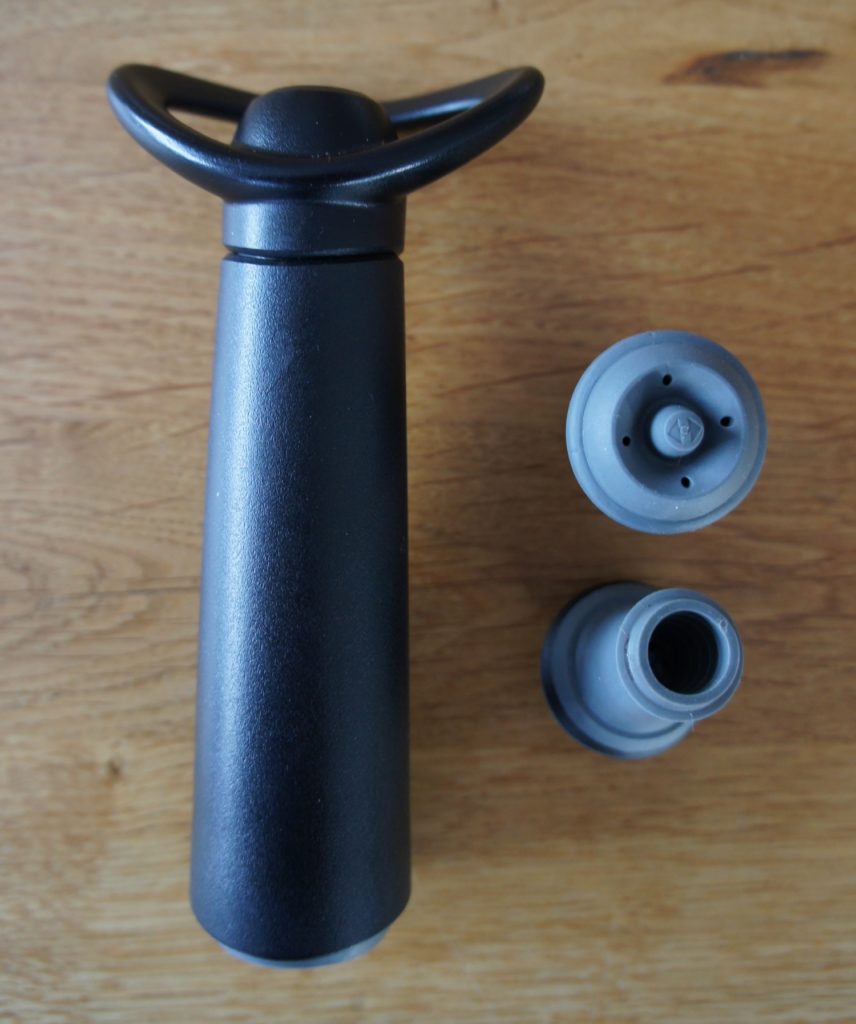
Do sparkling wines expire?
Sparkling wines, like not all wines though, don’t necessarily expire in the traditional sense of the word. However, they can certainly lose their sparkle and vibrancy over time if not stored properly. While some may argue that sparkling wines have a shorter shelf life compared to still wines due to their carbonation, this isn’t always the case. In fact, high-quality sparkling wines can age beautifully if kept in ideal conditions.
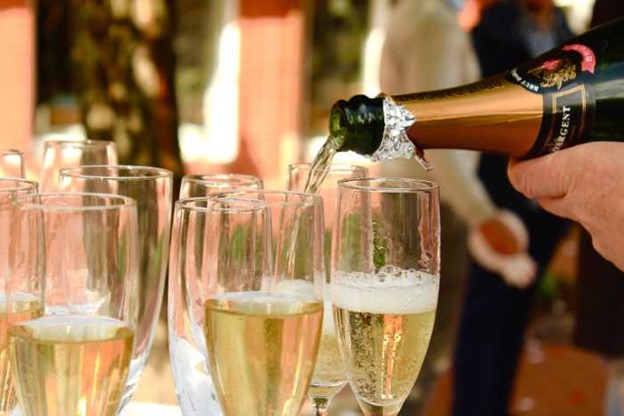
The key to preserving the freshness of sparkling wine lies in proper storage. Unlike still wines which benefit from aging, most sparkling wines are best enjoyed young when their effervescence is at its peak. Storing them in a cool, dark place with consistent temperature and humidity levels will help maintain their quality for as long as possible. Additionally, recorking an unfinished bottle of pink wine and refrigerating it can help preserve the bubbles and prevent oxidation.
How long can you keep Barefoot Bubbly?
Barefoot Bubbly, like most sparkling wines, can be kept for a decent amount of time if stored properly. Unopened bottles can last for several years if they are kept in a cool, dark place with a consistent temperature. However, once the bottle rose wine is opened, it’s best to consume it within 1-3 days to enjoy its full bubbly charm and flavor.

How Do You Know If Barefoot Red Wine Expired?
As wine enthusiasts, it’s essential to know how to determine if your Barefoot red wine has expired. Firstly, inspect the color of the wine. If it appears brown or murky instead of a rich, vibrant red, it may be past its prime. Next, take a whiff of the wine. If it gives off a vinegar-like smell or seems musty and off-putting, chances are it’s no longer drinkable. Lastly, taste a small sip. An expired red wine often tastes flat or overly sour and burnt taste it, with little complexity or fruitiness.
Alternative Indicators: Best By Or Best Before Dates, Sealed Or Vintage Dates
Additionally, pay attention to how the wine was stored in your wine cellar. Exposure of port wine to heat or light can expedite the aging process and lead to premature expiration. A telltale sign of expired Barefoot red wine is also a cork that looks swollen or pushed out from the bottle. It indicates air exposure that can spoil the contents inside. Ultimately, understanding these cues will empower you to savor every glass at its peak. It allows you to ensure an enjoyable experience with each pour of Barefoot red wine.?
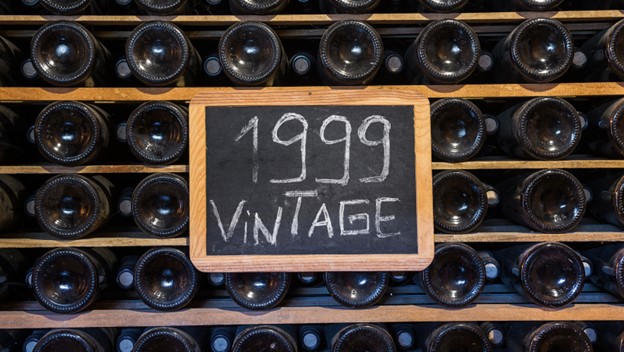
How Long Can You Keep Barefoot White Wine?
When it comes to barefoot white wine, the wine’s shelf life largely depends on how the wine is stored. Typically, unopened bottles of white wine can last anywhere from 1-3 years when stored in a cool and dark environment. However, once opened, the clock starts ticking. An opened bottle of barefoot white wine can maintain its quality for about 3-5 days if properly re-corked and refrigerated.
Store in a Cool Place
It’s important to note that the longevity of barefoot white wine can also be influenced by its varietal and vintage. For instance, a young and crisp Sauvignon Blanc may retain its freshness for a shorter period compared to a well-aged Chardonnay due to varying levels of acidity and tannins. Ultimately, it’s best to savor your bottle of barefoot white wine within a few days of opening it to experience its optimal flavor profile.
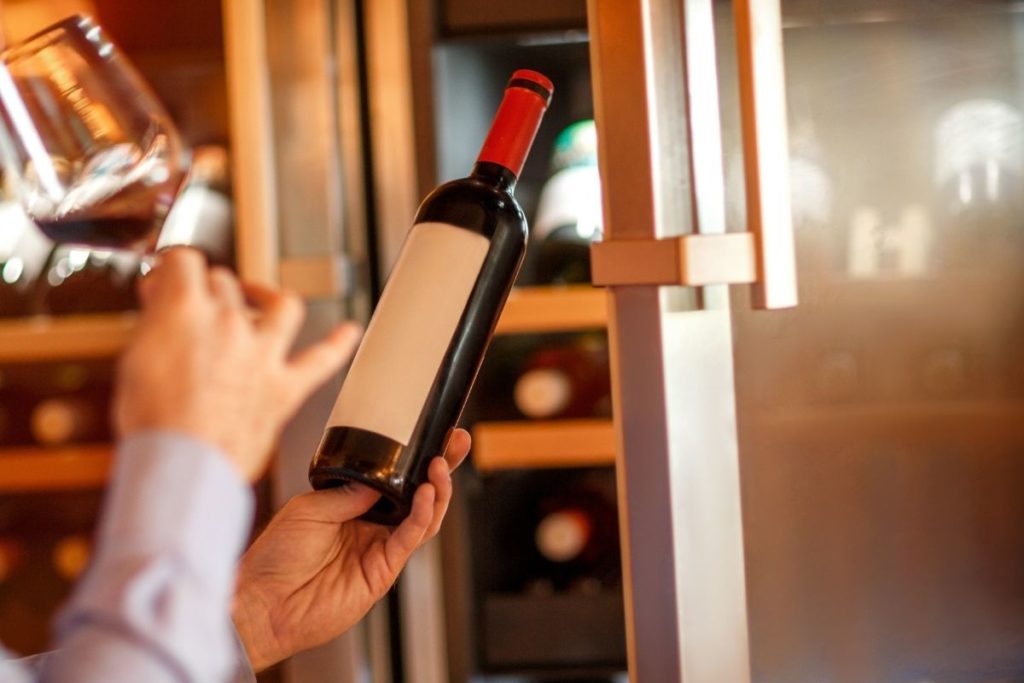
Shelf Life of Unopened Barefoot Wine
When it comes to the shelf life of unopened Barefoot Wine, there’s a common misconception that all wines improve with age. However, for most varietals produced by Barefoot, such as their popular Moscato or Chardonnay, it’s quite the opposite. In fact, these wines are best enjoyed within a year or two of production. The reason for this is that Barefoot produces its wine to be consumed young and fresh. It allows you to capture the vibrant flavors and aromas at their peak.
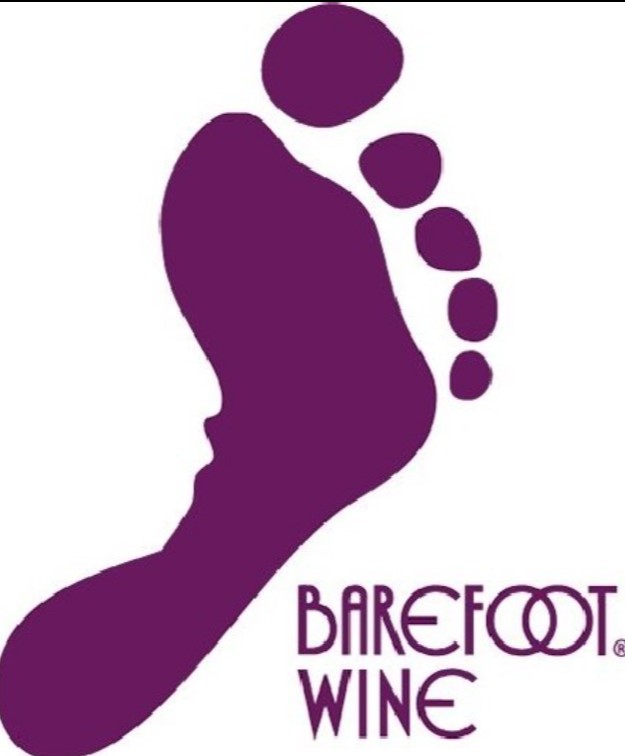
Ultimately, while some high-quality barefoot wines that may benefit from aging, most Barefoot varietals are best enjoyed promptly after purchase. It allows you to savor their lively characteristics and avoid any potential decline in taste.
Potential Health Risks Of Drinking Expired Wine
Drinking expired wine can pose potential health risks due to the development of harmful microbes and spoilage. When wine expires, it undergoes a process of oxidation, transforming into vinegar as the alcohol content dissipates.
Although this transformation may not necessarily cause health harm, it does alter the taste and quality of the wine. However, if spoiled or opened wine is contaminated with harmful bacteria or molds due to improper storage conditions, drinking expired wine could lead to food poisoning or other gastrointestinal issues.

Will Consuming Expired Wine Cause Illness?
It’s essential to note that not all expired wines will cause harm when consumed. In fact, some individuals might not even notice any negative effects. Nevertheless, for those who are more sensitive or prone to food-related illnesses, consuming expired wine is best avoided in order to prevent potential health risks. Therefore, it’s crucial for consumers to be mindful of proper storage techniques. Especially expiration dates on their wine bottles in order to minimize any associated hazards.

